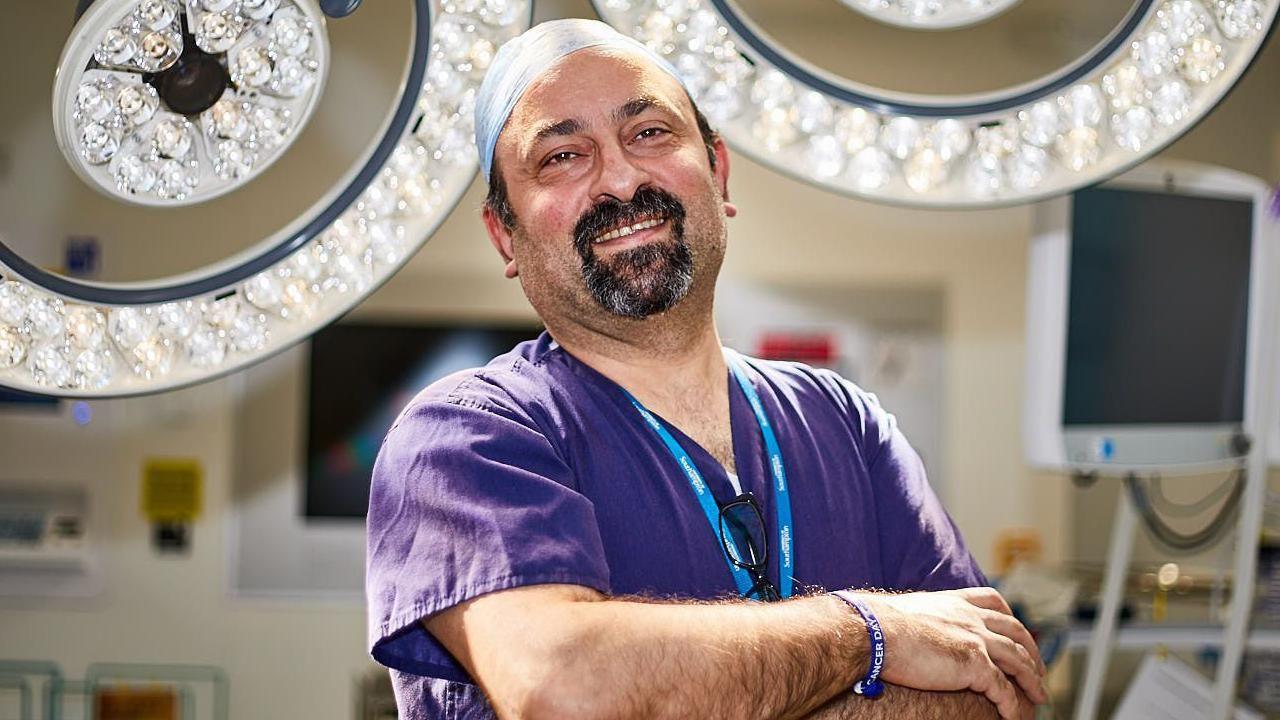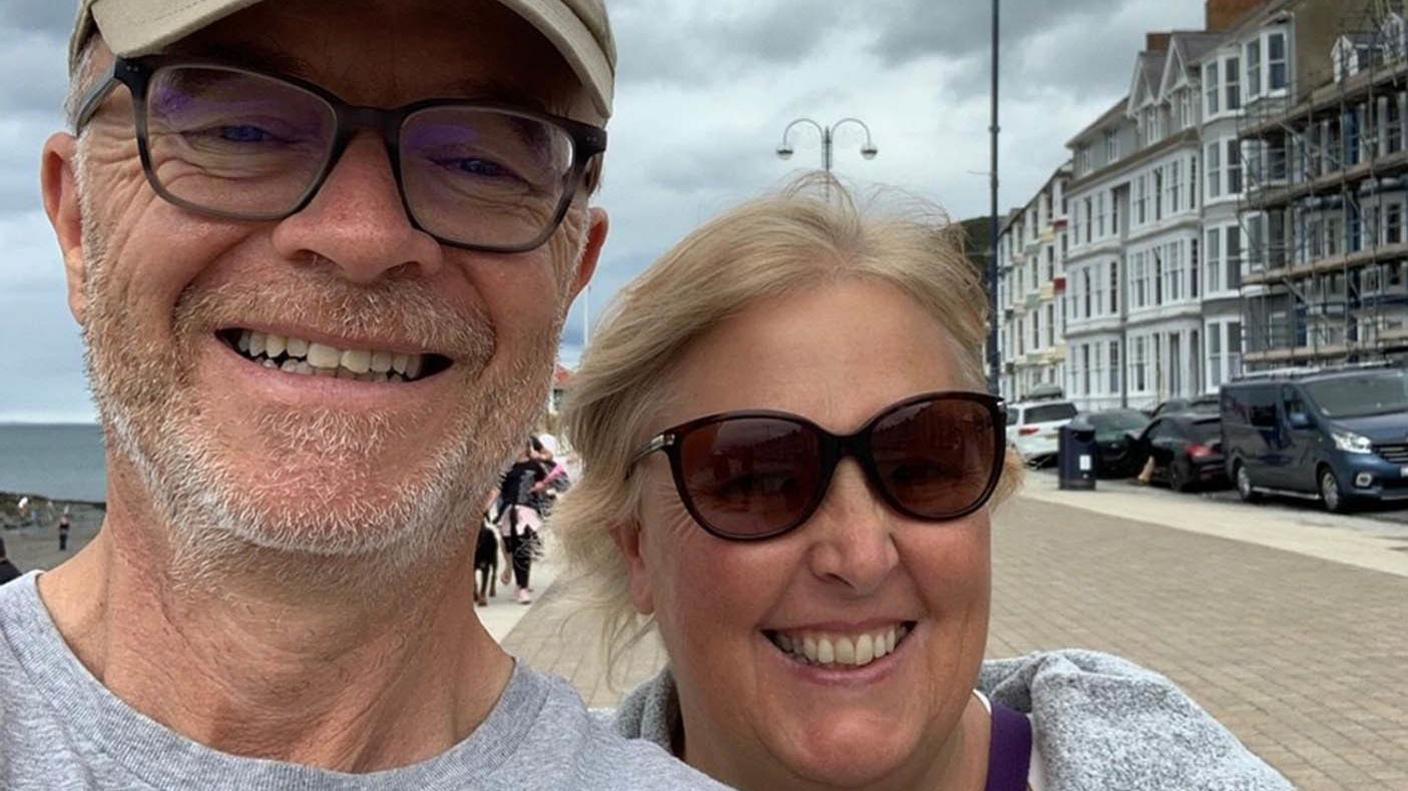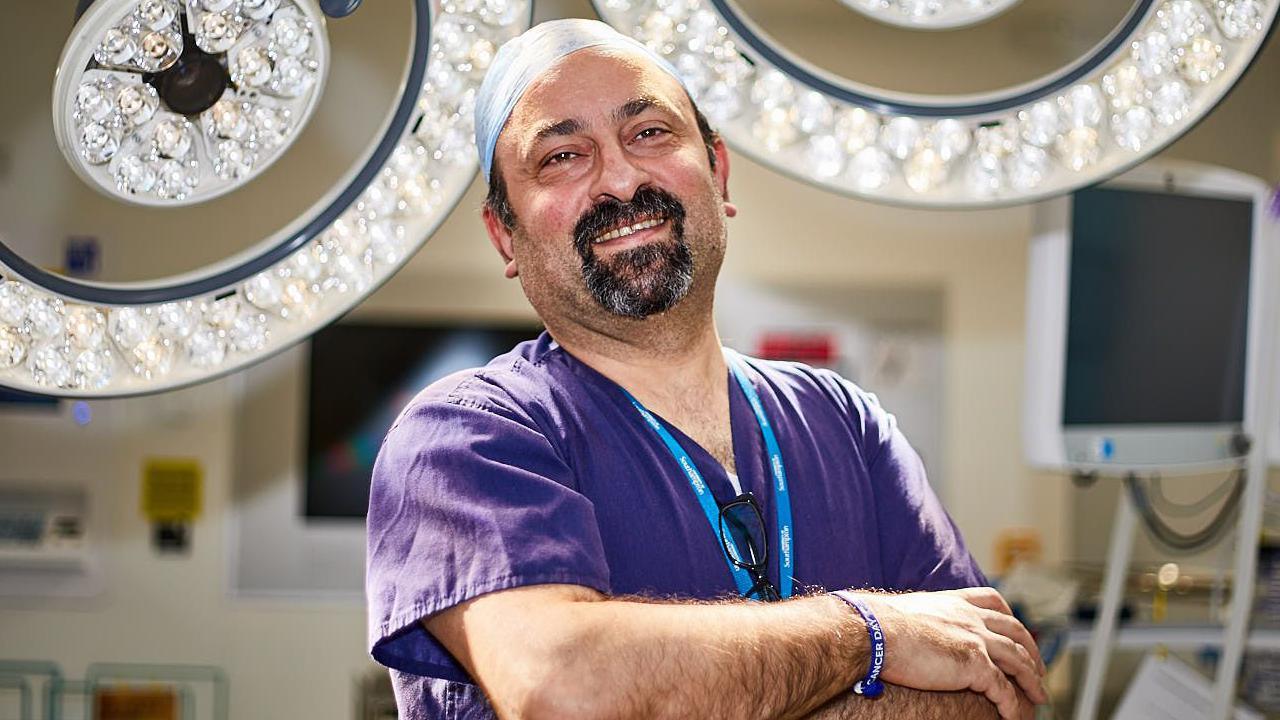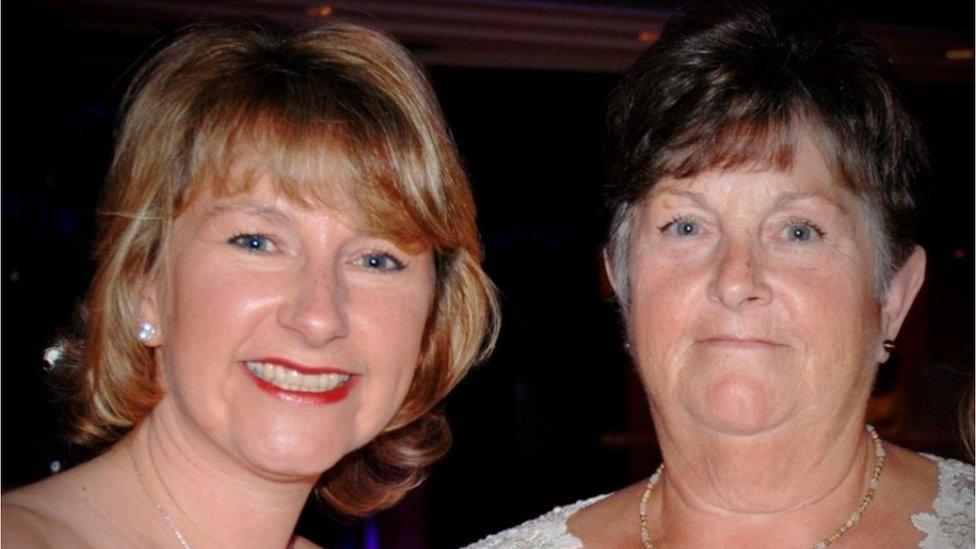Pancreatic cancer blood test trial seeks patients

Lead researcher Zaed Hamady said early detection of pancreatic cancer improved survival rates
- Published
A programme to evaluate a blood test for early signs of pancreatic cancer has started to recruit volunteers.
The Safe-D study, based in Southampton, Hampshire, is signing up patients with type 2 diabetes, which is a known risk factor for the cancer.
The blood test is reported to be 68% accurate in detecting pancreatic cancer markers, according to initial trials.
The disease often has vague symptoms and can lead to death within months of diagnosis.
Sean Cleghorn's wife, Allison, discovered she had pancreatic cancer at Christmas in 2020 and died four weeks later at the age of 54.
The father of three, from Kingsclere, Hampshire, said: "The only symptom Allison displayed was some slight indigestion and then she was diagnosed with type 2 diabetes in the autumn of 2020.
"Allison had always eaten healthily, was active and avoided processed food, so this diagnosis was puzzling for us.

Sean Cleghorn's wife Allison died four weeks after being diagnosed with pancreatic cancer
Mr Cleghorn added: "When we learned that new-onset type 2 diabetes was a potential risk factor for pancreatic cancer, we asked for further testing and a scan confirmed she had terminal cancer.
"Perhaps if she had been diagnosed sooner with a test like the one that's currently being trialled, we may have had time to make more memories with our three children."
The Avantect blood test will be evaluated, external at the Cancer Research UK Southampton Clinical Trials Unit.
Initial recruits will have blood samples tested to help design the main trial.
Consultant surgeon Zaed Hamady who is leading the study said: "Although most people with diabetes will not go on to develop the disease, new onset diabetes is associated with a six- to eight-fold increased risk.
"This patient group gives us a way to test how accurate the new diagnostic blood test is."
Previously, researchers have claimed successes for pancreatic cancer tests involving urine samples, external and nematode worms, external.
However, no test is reliable and accurate enough for a national screening programme, according to the charity Pancreatic Cancer UK, external.
Get in touch
Do you have a story BBC Hampshire & Isle of Wight should cover?
You can follow BBC Hampshire & Isle of Wight on Facebook, external, X (Twitter), external, or Instagram, external.
- Published11 October 2024

- Published28 March 2024

- Published9 March 2022
